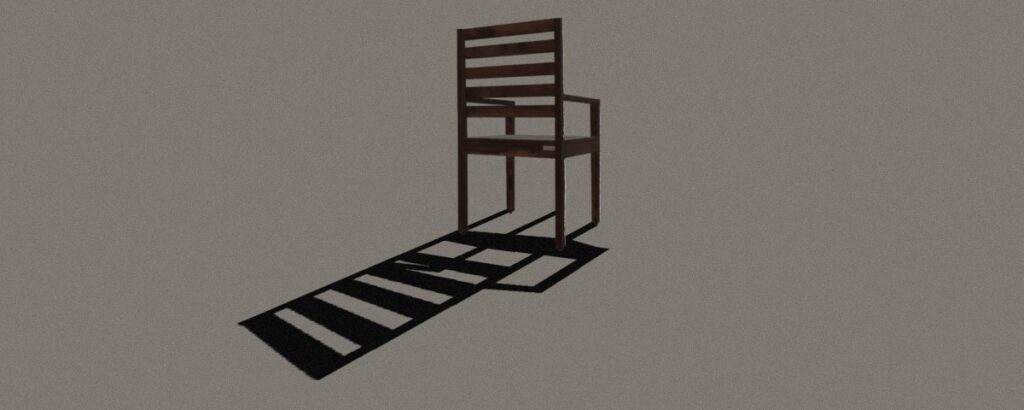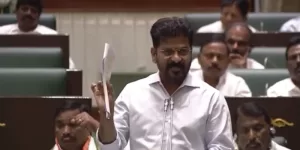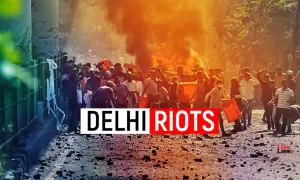Khushboo (not her real name) is a Class 12 student who studies in a fairly well-known private school in South Delhi. She is what they call an ‘EWS child’ or an ‘economically weaker student’. Private schools in the National Capital Region and elsewhere are required to have an EWS quota for students from economically depressed backgrounds. Some schools work hard to make sure these students feel included and involved in the life of the school, while others just pay lip service to the idea of inclusive education.
Khushboo, thankfully, is part of a school that falls in the former category.
As a youth counsellor, I interact regularly with high school students, and recently conducted a workshop called ‘The Big Picture’ with students of Class 12 in Khushboo’s school. Many of these students, I found, have not only been traumatised by the pandemic, but are also facing the additional stress of their upcoming Board exams. (Not everyone, it seems, has received the strength and succour promised by PM Modi’s ‘Pariksha Pe Charkha’ programme, which was mandatory viewing for school students).
The batch of 2022, in particular, I noted, feels cheated out of their high school years. As one of them wryly pointed out, “The lockdown began when we entered high school and ended as we are leaving it.”
Most of these students have suffered personal loss and tragedy during COVID-19. Many still have panic attacks. To help them make peace with the past and see their lives in a happier light, I encouraged Khushboo and her classmates to record their memories, thoughts, feelings from early childhood till the present day on large sheets of paper.
After the students filled out their sheets, they sat in small groups and shared the events of their lives with each other. There is something very therapeutic about seeing ‘the big picture’ of one’s life and realising that it has not all been tragedy and disaster. Life is difficult, yes, but it also has its happy seasons.
During the session, I noticed Khushboo had written down the word “discrimination” on her sheet. I wondered if she would elaborate on that. She did.
Recalling a time six years ago in 2016 when she was only 11, she told her group about a boy in her tuition class, perhaps 15 or 16 at the time, who took it on himself to call her terrible names every time he saw her, simply because she was Muslim. He called her a ‘deshdrohi’ (traitor) and told her, ‘go to Pakistan’. She said she tried to be nice to him and reason with him, but to no avail. He kept persisting and eventually, unable to take the hurt and humiliation, she stopped going to the tuition centre.
This had bothered her for the last six years and she said, “To this day I have been unable to comprehend that onslaught of irrational hate.”
Khushboo began sobbing.There was silence as the other students looked on, not quite sure what to do. Then one by one, they slowly came and sat beside her and hugged her and held her hand. One of the girl students rubbed her back and another fetched her a glass of water.
It was a heartbreaking moment, but a deeply heartening one too, as her classmates said to her, “We don’t care what religion you are! You are our friend!”
Khushboo sobbed as she asked, “But why did he hate me so? What did I ever do to him?”
And one of her classmates wisely replied, “The hate in his heart is not your fault.”
Khushboo’s class teacher, also present in the session, said to her, “Not everyone is as intelligent as you, Khushboo. Some just believe anything others tell them and he obviously believed all the lies he had been told.”
I sat there quietly and watched students from Hindu families rally around their Muslim classmate. I then thought about the boy who had persecuted Khushboo. He must have been an ‘early adopter’ of the right-wing’s anti-Muslim vitriol, since this had happened just two years into Modi’s first tenure. The veneer of tolerance was still somewhat present back then. That boy is probably a young man now, and one shudders a bit to think what sort of a young man he might be today.
The horrifying attacks on Muslims across six states on Ram Navami have shown us very clearly that any pretence of communal harmony on the part of the ruling party is now a thing of the past.
If there is any hope for the future of Indian society, it lies with young people like Khushboo, her classmates and their teacher. One only hopes and prays there are enough of those around. Meanwhile, it is the moral responsibility of India’s citizens, especially Hindus, to respond to the rising tide of hate and violence in a manner similar to Khushboo’s classmates and teacher.
(Rohit Kumar is an educator with a background in positive psychology and psychometrics. He works with high school students on emotional intelligence and adolescent issues to help make schools bullying-free zones. Courtesy: The Wire.)




